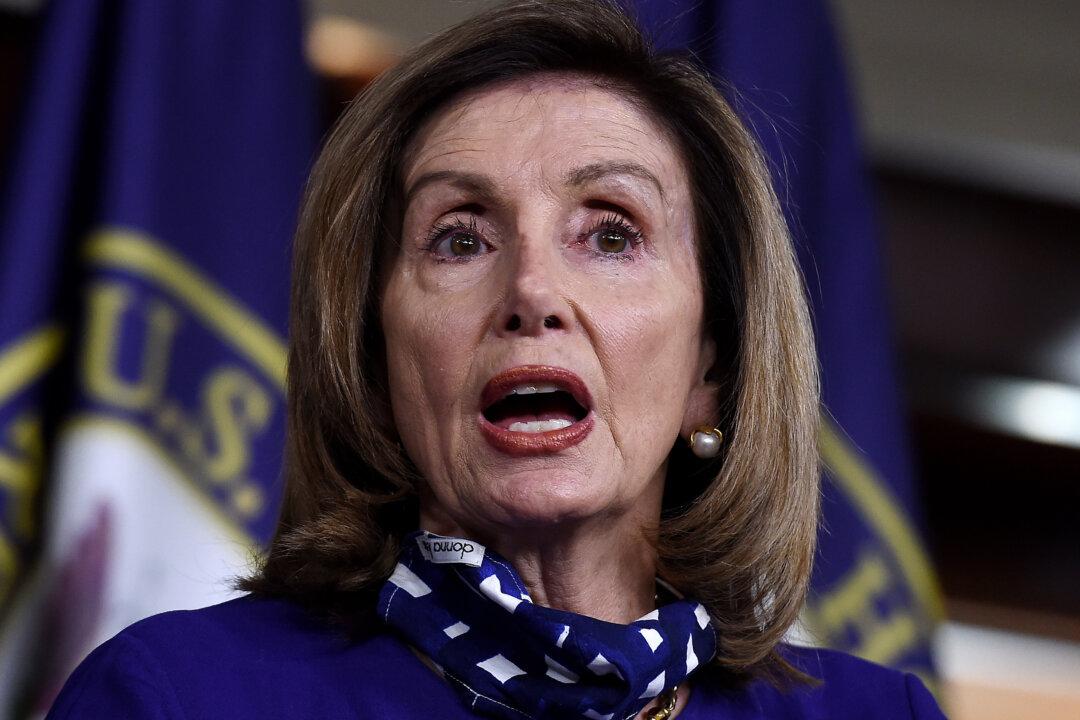House Speaker Nancy Pelosi (D-Calif.) raised the long-shot possibility that she could become the acting president if neither President Donald Trump or Democratic nominee Joe Biden receives enough electoral votes to declare victory in November.
On Oct. 1, the speaker told reporters that she is preparing the House for a possible role in determining the winner with a vote by each state’s delegation. “We have all sorts of opportunities,” she said.





